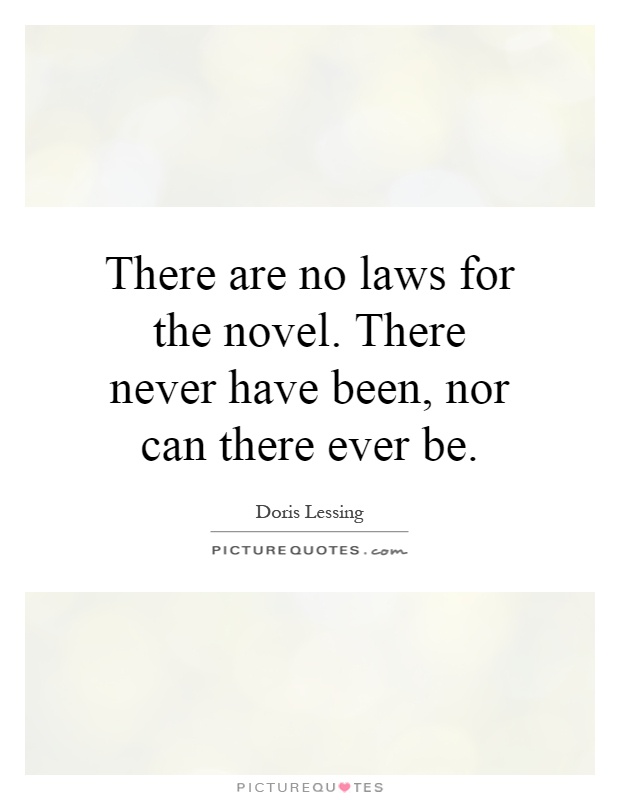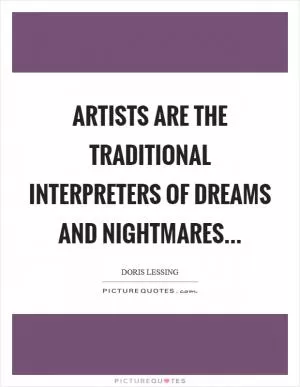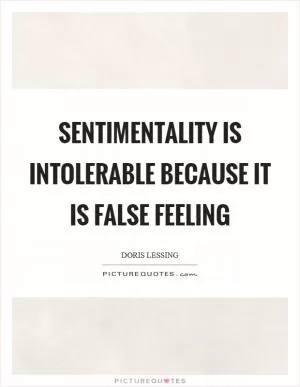There are no laws for the novel. There never have been, nor can there ever be

There are no laws for the novel. There never have been, nor can there ever be
Doris Lessing, a prolific and influential writer, once famously said, “There are no laws for the novel. There never have been, nor can there ever be.” This statement encapsulates the essence of Lessing’s approach to writing and her belief in the limitless possibilities of the novel as a form of artistic expression.Lessing’s assertion that there are no laws for the novel speaks to her rejection of rigid conventions and rules that may stifle creativity and innovation. Throughout her career, Lessing experimented with various narrative techniques, styles, and genres, pushing the boundaries of traditional storytelling and challenging readers’ expectations. She believed in the power of the novel to explore complex themes, provoke thought, and evoke emotions in ways that are not bound by any set rules or guidelines.
In her own work, Lessing defied categorization and refused to be confined to any one genre or literary tradition. She seamlessly blended elements of realism, science fiction, fantasy, and social commentary in her novels, creating rich and multifaceted narratives that defy easy classification. Lessing’s willingness to take risks and break free from conventional storytelling conventions set her apart as a bold and innovative writer who was unafraid to explore new territory and challenge the status quo.
By asserting that there are no laws for the novel, Lessing also highlights the importance of individual creativity and artistic freedom in the writing process. She believed that writers should be free to follow their own instincts, experiment with form and structure, and explore new ideas without being constrained by external expectations or limitations. Lessing’s own writing process was characterized by a sense of openness and exploration, as she allowed her stories to evolve organically and take on a life of their own.












 Friendship Quotes
Friendship Quotes Love Quotes
Love Quotes Life Quotes
Life Quotes Funny Quotes
Funny Quotes Motivational Quotes
Motivational Quotes Inspirational Quotes
Inspirational Quotes